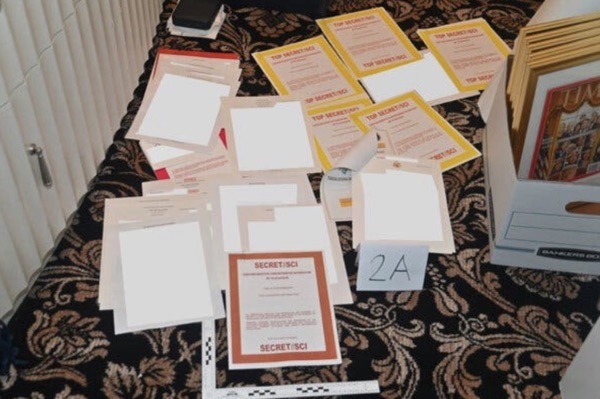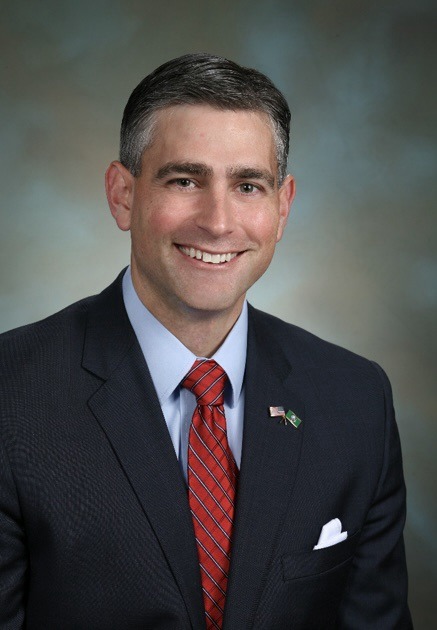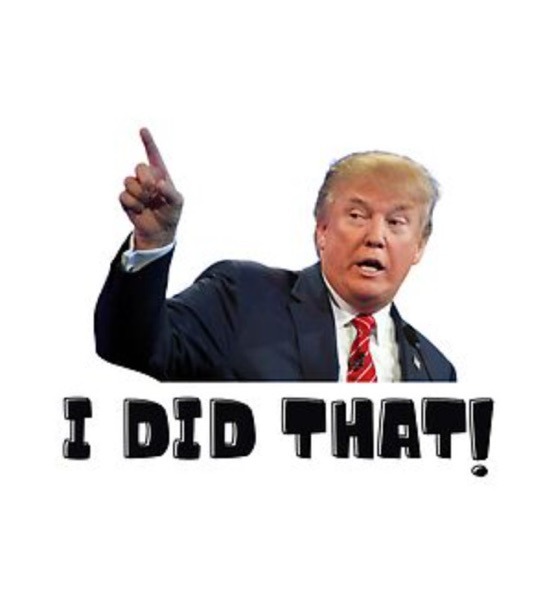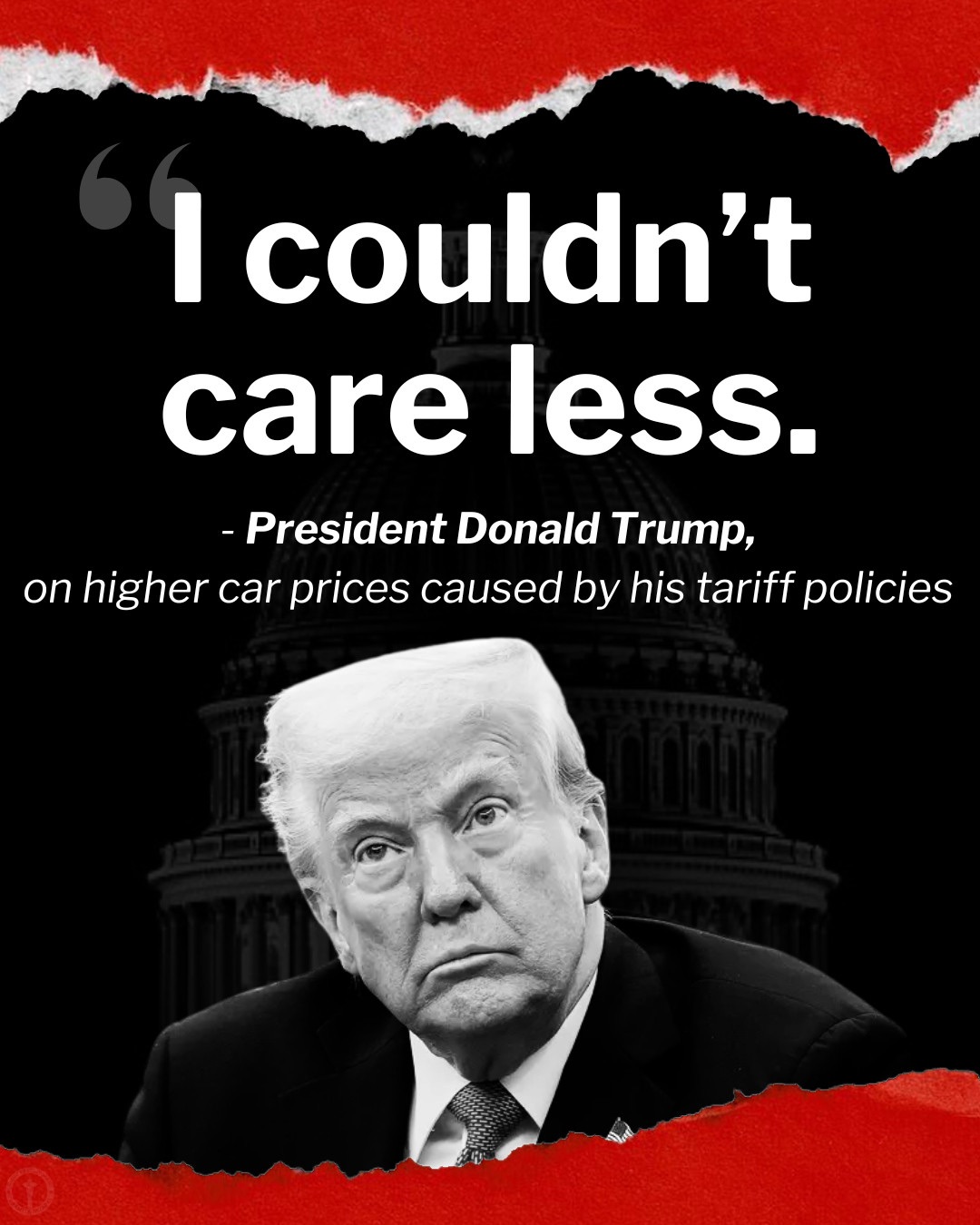Donald Trump’s appointment of Marco Rubio as National Archivist while he also serves as Secretary of State is a direct assault on transparency, accountability, and the rule of law. The National Archives exists to preserve the historical record of the United States, ensuring that government documents remain accessible to the public and future generations. By placing a high-profile Trump ally in charge, especially amid ongoing investigations into Trump’s handling of classified documents, this move looks like an attempt to rewrite history in his favor. If Trump and his administration control the very institution responsible for maintaining government records, they can hide or even destroy evidence of past wrongdoing—including Trump’s own potential crimes.
This appointment cannot be separated from Trump’s classified documents scandal. He took sensitive government materials after leaving office, refused to return them, and actively tried to obstruct the government’s efforts to retrieve them. That’s not just mishandling—it’s an attempt to keep classified information for personal reasons, a direct threat to national security, and, arguably, an act of treason. The National Archives played a key role in exposing this scandal by flagging the missing documents, which led to an FBI investigation. Now, with Rubio in charge, Trump is making sure that the agency responsible for preserving and overseeing those records is run by someone loyal to him. This is not just about shaping public perception—it’s about burying the truth.
Controlling the National Archives allows Trump to do more than just protect himself—it enables him to manipulate history itself. If damaging records can be altered, suppressed, or even destroyed, then accountability becomes nearly impossible. This is how authoritarian regimes operate: by controlling information, eliminating evidence of wrongdoing, and ensuring that only a sanitized version of history remains. The appointment of Rubio is a step toward that kind of control. It suggests that Trump isn’t just trying to avoid prosecution—he’s trying to rewrite the narrative entirely.
The implications of this go far beyond Trump himself. If a president can steal classified documents, refuse to return them, obstruct justice, and then install a loyalist to oversee the agency investigating the matter, what stops future leaders from doing the same? If Trump succeeds in erasing or manipulating the evidence against him, then the precedent is set for future presidents to act with impunity. The moment leaders believe they are above the law, democracy begins to crumble.
The National Archives is supposed to be a nonpartisan institution. If it becomes a tool of political power, manipulated to protect a corrupt administration, then it loses all credibility. The risk isn’t just that Trump will erase records related to his classified document scandal—this could extend to all kinds of White House records, including communications, policy decisions, and evidence of other abuses of power. If those records disappear, then history itself is rewritten to favor those in power, and the ability to hold them accountable vanishes.
This is a defining moment. If this appointment is allowed to stand without serious resistance, the United States takes another step toward becoming a country where truth is dictated by those in power rather than documented fact. Trump and his allies are betting that the American public won’t fight back—that people will be too distracted, too divided, or too discouraged to stop them. But history shows that once an administration seizes control of information and institutions, reversing course becomes exponentially harder. If this is allowed to happen now, future attempts to restore transparency may be too little, too late.
The response must be swift and uncompromising. Legal challenges should be launched immediately to contest Rubio’s appointment and ensure that the National Archives remains independent. Congress must hold hearings and investigations to scrutinize any attempts to alter or hide records. The press must relentlessly expose any efforts to rewrite history, and the public must demand action. Protests, petitions, and political pressure are not just optional—they are necessary to prevent the collapse of institutional safeguards.
This is not just about Trump. This is about whether the United States remains a country governed by law, truth, and accountability. If the people in power can erase their own crimes from history, then there is nothing stopping them from committing worse ones in the future. This is how democracies die—not in an instant, but through the slow erosion of the institutions meant to protect them. If the American people don’t act now, they may wake up in a country where truth itself is no longer a matter of record, but of government decree. The time to fight back is now—before it’s too late.





